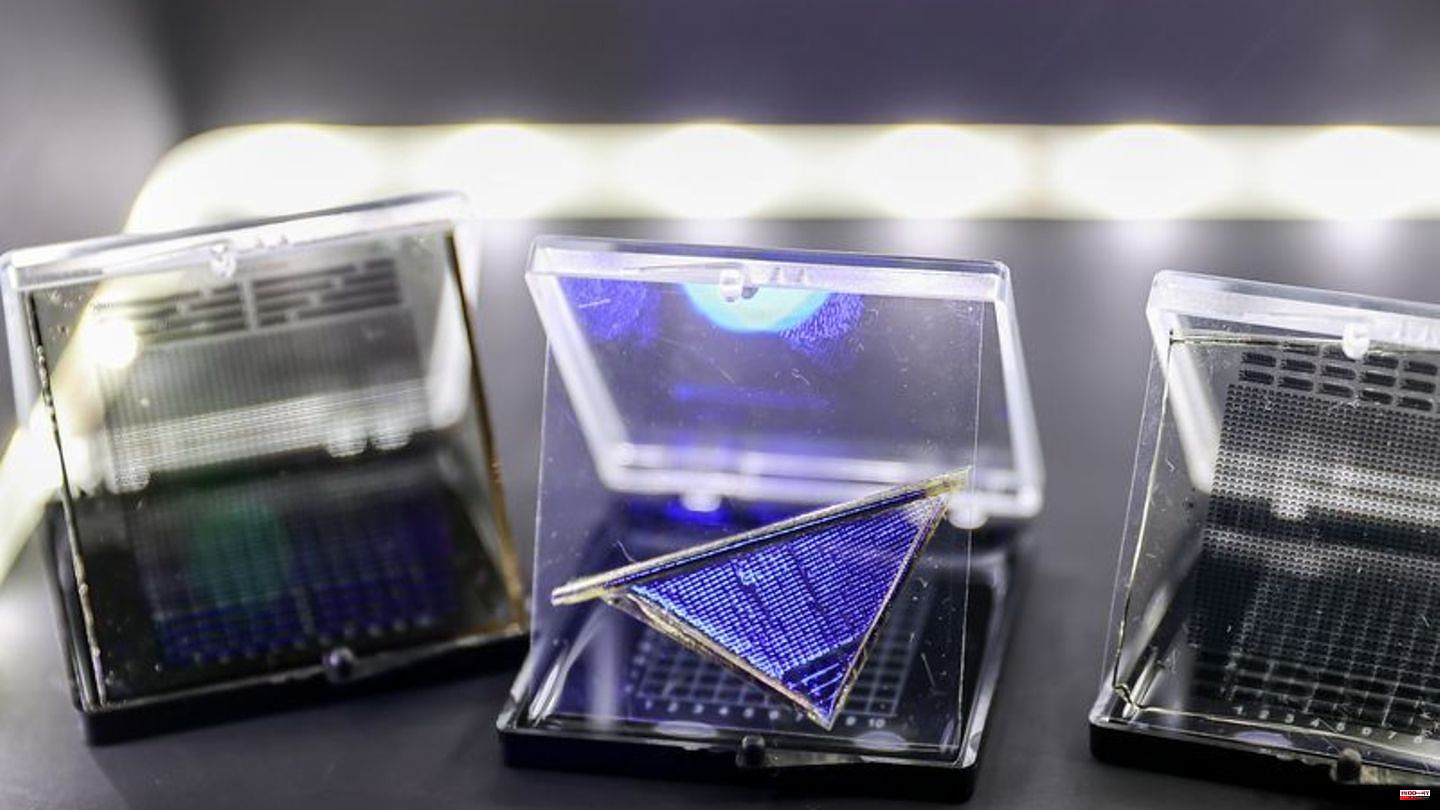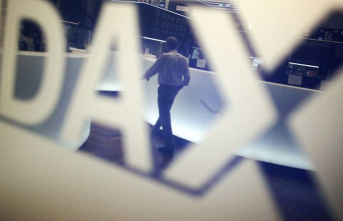In order to become more independent of the USA and China in the development of microelectronics and chips, the EU has approved a multi-billion dollar subsidy program. This should make dozens of projects possible, many of them in Germany, EU Competition Commissioner Margrethe Vestager outlined the plans in Brussels on Thursday. Microchips are the backbone of the economy, and Europe must increase its own capabilities here. "We have to become pioneers," said Vestager.
As part of the so-called "Important Projects of Common European Interest" (IPCEI), according to EU information, aid totaling 8.1 billion euros will be approved. In addition, private companies invested up to 13.7 billion euros, making the total investment around 21.8 billion euros. In addition to Germany, 13 other EU countries are taking part in the project, including France, Austria, the Netherlands and Spain.
"The new funding for semiconductors sets the course for the digital sovereignty of Germany and Europe," emphasized the general manager of the Bitkom industry association, Bernhard Rohleder. Without semiconductors there would be no digitization. It is now important that the funding notifications are issued quickly, he warned. "The approval of the EU Commission took a long time, many projects have been in the starting blocks for more than a year."
Many of the projects and partners that benefit from the program are based in Germany. Federal Minister of Economics Robert Habeck thanked the EU Commission for the decision. The projects strengthened Germany as a microelectronics location and were an important industrial policy milestone, he explained in Berlin. "In this way we can increase resilience across Europe in this important field and secure value creation and jobs."
Funding projects for Germany
Across Germany, 31 projects in 11 federal states are involved. The number is not directly comparable with the 68 projects across Europe that the EU Commission is talking about - the ministry is talking about around 100 projects across Europe. This is due to different counting methods, the ministry explained: While the EU Commission lists legal entities, the Ministry of Economics counts different projects from companies such as Bosch or Infineon individually. According to the EU Commission’s counting method, there are 23 funding projects for Germany.
In addition to large companies, small and medium-sized companies and start-ups are also involved in Germany. According to an overview by the Economics Ministry, there are many projects in Bavaria and Saxony. Funded companies will therefore include Infineon with locations in Bavaria, Saxony and North Rhine-Westphalia and Bosch with locations in Baden-Württemberg and Dresden. The projects range from material production and chip design to the creation of new products and applications.
Modern chip factories
According to the BMWK, the investment program aims to catch up in microelectronics and communication technologies, especially where Europe has become technologically dependent on third countries. According to the Economics Ministry, the promotion of microelectronics should contribute to the emergence of modern chip factories in Germany and the development of more powerful components. It is assumed that the supported German companies will make additional private investments in research and development, production facilities and buildings in the tens of billions. At the same time, the national projects would create more than 4,000 direct new jobs.
The automotive industry in Germany could become a major buyer of the new technologies. According to the German Association of the Automotive Industry (VDA), demand for semiconductors in the automotive industry will triple by 2030. "The automotive industry will thus become the third most important chip buyer worldwide." Especially in the case of electromobility, new capacities are absolutely necessary.
It is already the second major microelectronics offensive by the EU, which approved a similar program in 2018. At that time, according to EU Commissioner Vestager, a chip factory from Bosch in Dresden and Carl Zeiss in Baden-Württemberg had benefited. The EU Commission must approve important national funding projects so that there is no distortion of competition between the EU countries.







